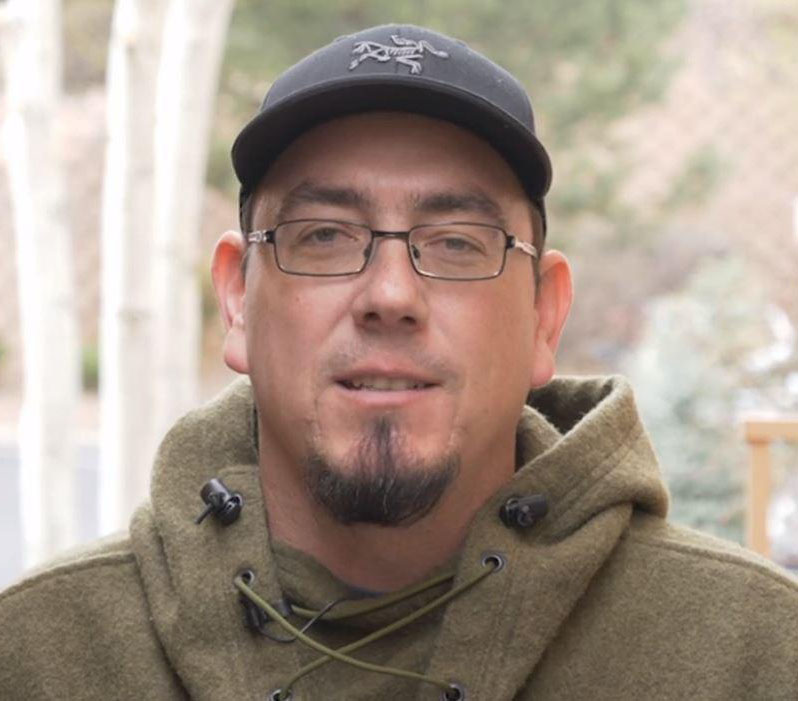
In the small retirement community of Wickenburg, Arizona, paramedic Seth Cribb of Life Line Ambulance Services and his co-workers wait. They do not know whether the past few days’ quiet is the calm before a coronavirus storm, or whether their community, made up of a significant elderly population, has taken the call to stay inside to heart.
Will they, like their EMS brethren in New York, Washington state, California, and other states soon face an onslaught of patients?
Either way, Cribb is ready.
“There is a sense that it’s the calm before the storm,” said Cribb, a member of EMS Workers United/AFSCME Local 2960. “We don’t know if we might be 15 days out from seeing a rush of patients. It’s a big question mark.”
Typically, Cribb says that 90% of their calls are lower acuity calls. On most days, the EMS workers get six or seven calls total, ranging from patients with difficulty breathing to an occasional motor vehicle accident.
“The [residents] all seem to be sheltering in place. We’ve got three crews here today. Not one of us has calls today,” said on Sunday.
It may be possible some sick patients have decided not to go the hospital, fearing it might make matters worse. Cribb doesn’t believe his community has had a confirmed COVID-19 case.
Cribb says, “At my station, we have concerns, but at this point in time we have what we need, including the government putting a rush on materials and equipment. There’s no real shortage right now.”
“Right now” is an important qualifier. In many cities and throughout many states, vital supplies and resources to fight the COVID-19 pandemic are scarce. That’s why AFSCME members are pushing the federal government to send more direct aid to state and local governments. This is to help states and localities continue to provide quality public services to their residents and offer financial relief for individuals who have been impacted by the coronavirus pandemic.
Both EMS Workers United/AFSCME Local 2960 members and Life Line leadership have been scrambling to ensure their stations are stocked and well-supplied.
“They’ve ordered three months’ worth of supplies, plus they’re placing additional daily orders as needed,” said Cribb. “Local, state and other operations have been in communication closely. The manager here at Life Line has had many meetings, 24/7, with fire, law, and state and local agencies.”
Cribb says that the news he’s seen is “frightening” but also adds: “Everyone is buckling down and getting ready to dig in, and hold the line as long as we can."